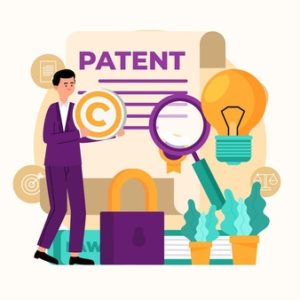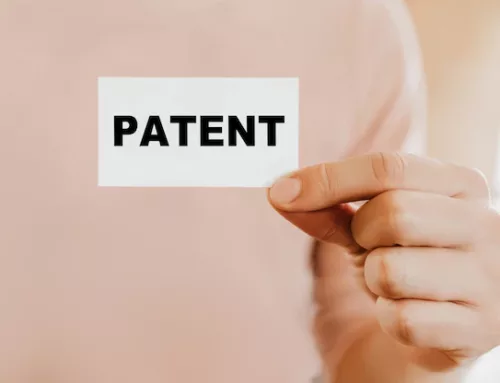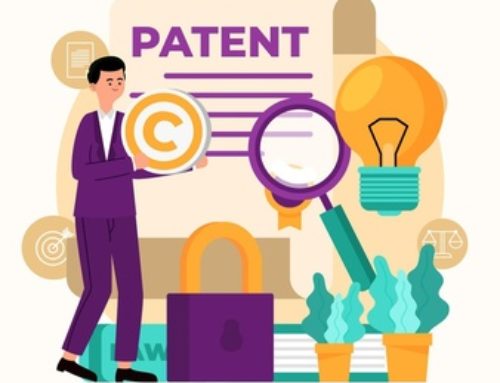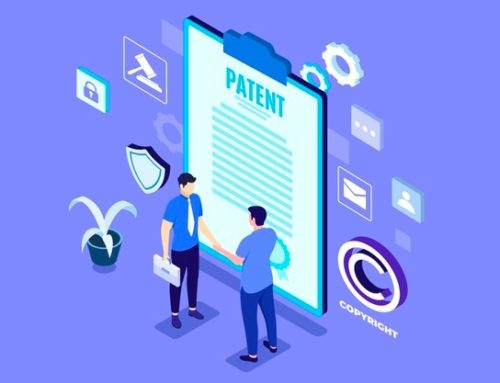What goes into a patent application? What kinds of inventions are patentable? These questions cannot be answered easily, because patents can cover a lot of things. While quick patent research online may give definitions about patents, it cannot comprehensively explain all the necessary aspects of patent law and the application process followed by the USPTO. Unless you consult with an experienced patent lawyer, it can be hard to know when a provisional application is a better option than a non-provisional application.
Below are basic dos and don’ts you must keep in mind when planning to file a provisional patent application:
-
Do—Take into account how much time you have.
An individual who decides to disclose his or her invention in a provisional patent application will have one full year to file a non-provisional application.
If one year will not be enough time to finalize your invention so that it is ready for a non-provisional application, do not proceed to file a provisional application.
-
Don’t—File an application before taking into account costs and market considerations.

Filing a patent application can be costly. A provisional application will enable you to get a filing date with lower costs and will buy you time to first test your market before you push through with a nonprovisional application.
A reliable patent attorney can help you correctly apply for the comparably cheaper provisional patent with the USPTO.
-
Do—Consider possible changes in your work.
If your work is still in the final stages of development but you want coverage, a provisional application is likely the best choice. If you filed a patent application (nonprovisional) for a prototype that was changed drastically and that differs significantly from the original, USPTO will likely ask you to file a new application and start over.
A provisional application could allow you to disclose the various potential iterations of the prototype. This can give you a certain degree of flexibility in terms of product development and a chance to save on time and expenses.
-
Don’t—Overlook the need for patent lawyers from a law firm specializing in intellectual property rights.
The patent application system, relevant patent fees, and obtaining a patent can be stressful. Consulting with a registered patent attorney will make it easier for you to know how to file an invention disclosure form, file a patent application, and obtain a patent.
Intellectual property protection is a business matter that must be taken seriously. You may not be aware of how important patents, copyrights, and trademarks could be for you.
Protect your inventions. Do not delay in applying for a patent. Get a registered patent attorney for patent information and to make sure that your patent application process will go smoothly. Contact us at War IP Law for a free consultation.






